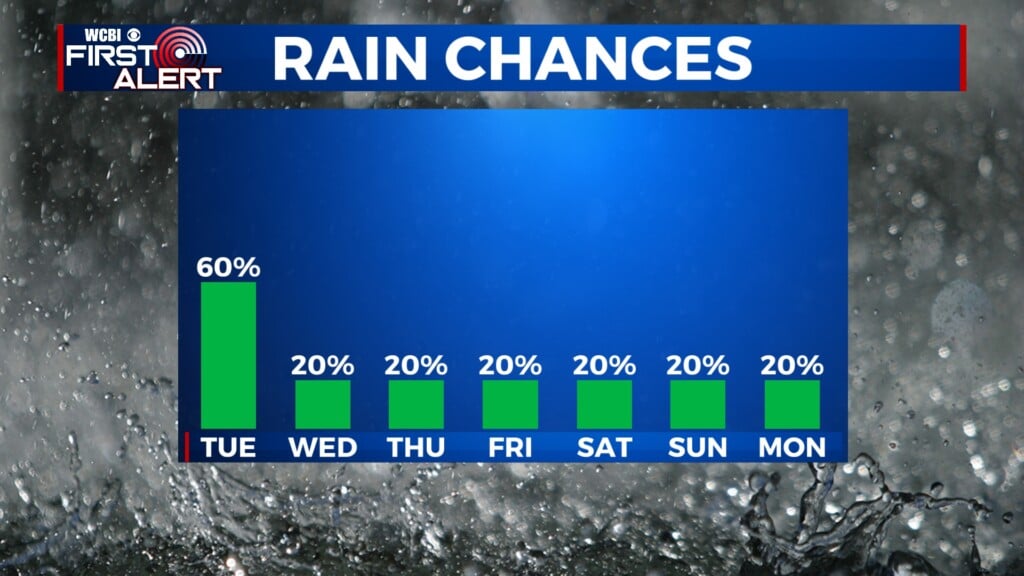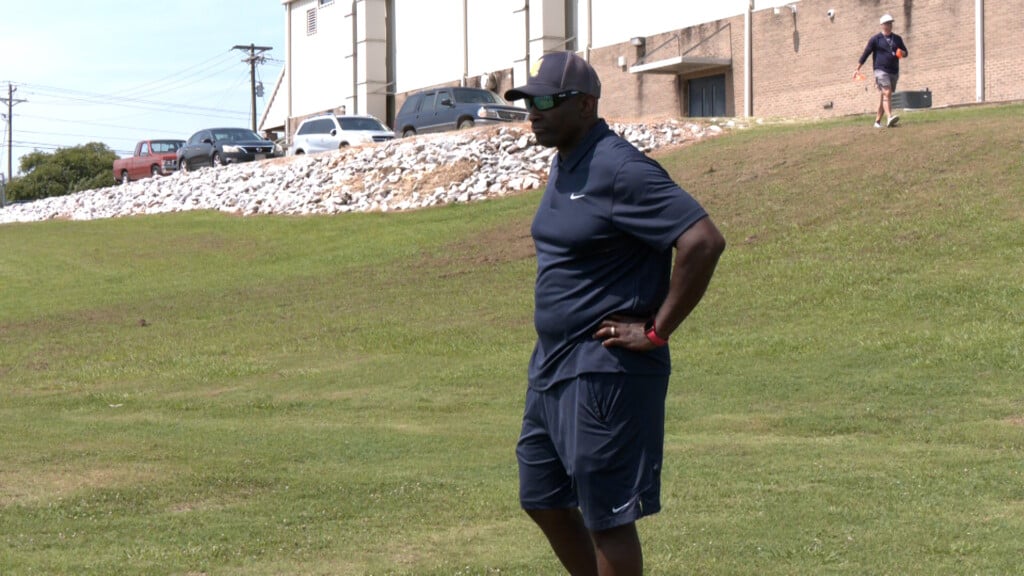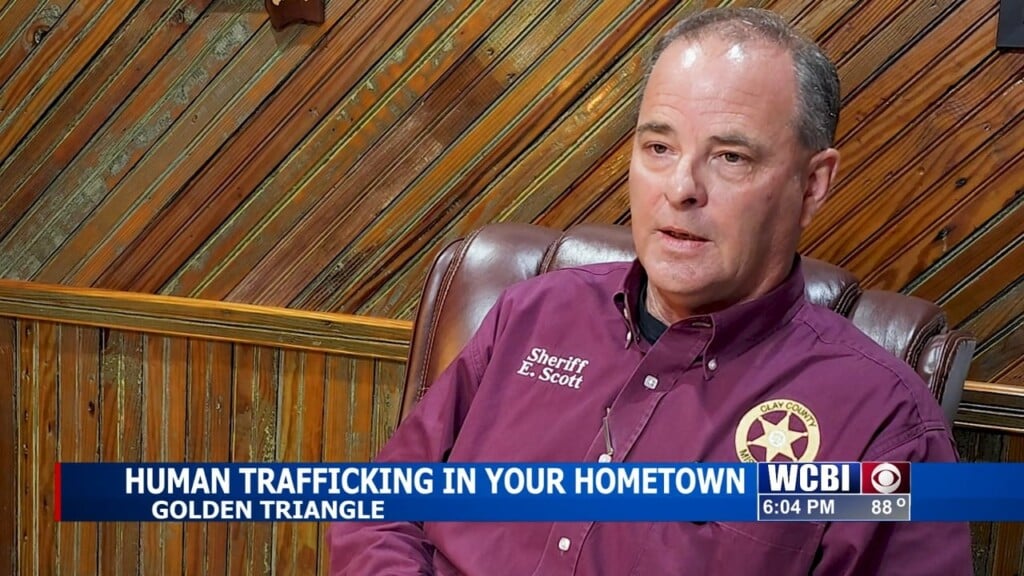Columbus Woman’s Guide Dog a Lesson in Etiquette
STARKVILLE, Miss.–For Mississippi State student Sandra Bullins, having a guide dog has opened up her world.
“My guide dog has given me more independence, and I feel safer with him than I did using a cane,” she said.
Blind for more than 13 years, the Columbus resident began pursuing a master’s degree in counselor education this fall. She and her guide dog often may be seen around the university, especially since all service dogs are equipped with a lead harness or vest while working.
Guide dogs are trained specifically to assist the blind or visually impaired. Other service dogs are trained to help those dealing with such disabilities as hearing impairments, seizures and autism.
“There are lots of different things service dogs can do,” said Micah White, MSU Student Support Services associate director. “They are calm, well-mannered and focused.”
A guide and its handler typically form a deep relationship. Bullins said guide dogs must be observant and make decisions on their own; they are taught to watch for stairs and curbs and find seats, doors and elevators.
Bullins spent nearly a month at Southeastern Guide Dogs Inc. in Palmetto, Fla., bonding with her dog and learning more than 40 different commands and hand signals.
Because of the special relationship between guide dogs and their handlers, the general public should follow certain rules when interacting with these gifted canines, according to the Guide Dogs of America organization.
“The first thing people ask me is if they can pet him; I tell them ‘no,’ because he’s working,” Bullins said.
The same goes for calling the animal’s name–the very reason the moniker of Bullins’ partner is not mentioned in this story–or any other type of distraction.
When dogs are working, they need to be focused on their partner because any distraction may put the handler at risk, Bullins said.
Some other guidelines include:
–In addition to the patting prohibition, also don’t call out, attempt to feed or otherwise distract a working dog.
–Never grab the person or the dog’s harness. Ask first if they need assistance.
–When providing guiding assistance, always walk on the person’s opposite side to the guide dog.
–Make certain any pet dog is on a leash or under control around a guide dog. When approaching, let the person know that another dog is present.
–When in a vehicle, don’t honk the horn or call out directions. Handlers are listening to the traffic flow and other environmental sounds to decide when it’s safe to cross a street.
For more information about guide dogs, as well as other MSU disability support programs, contact Student Support Services at 662-325-3335.






Leave a Reply